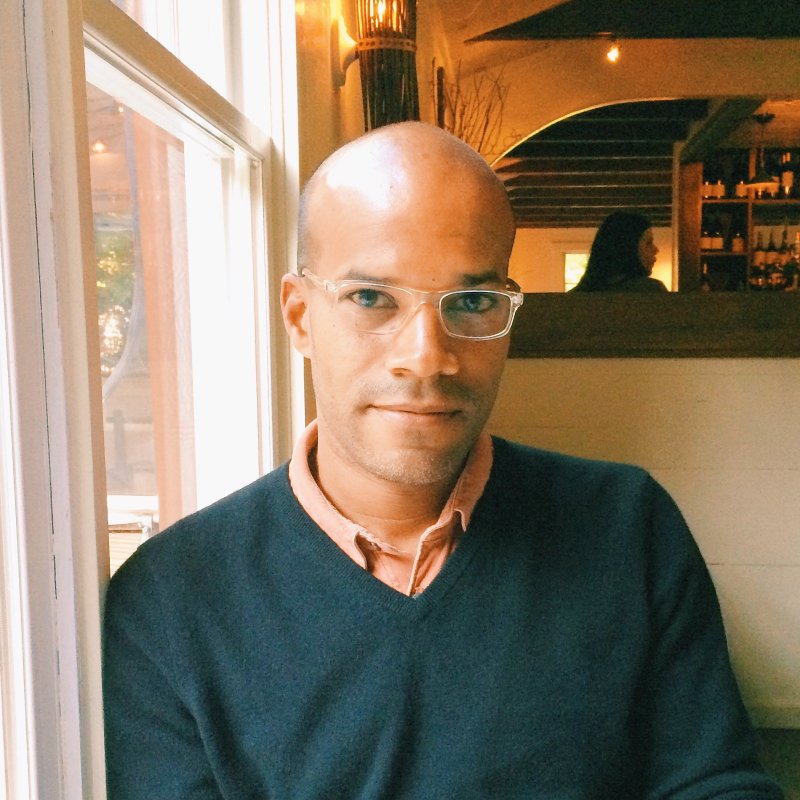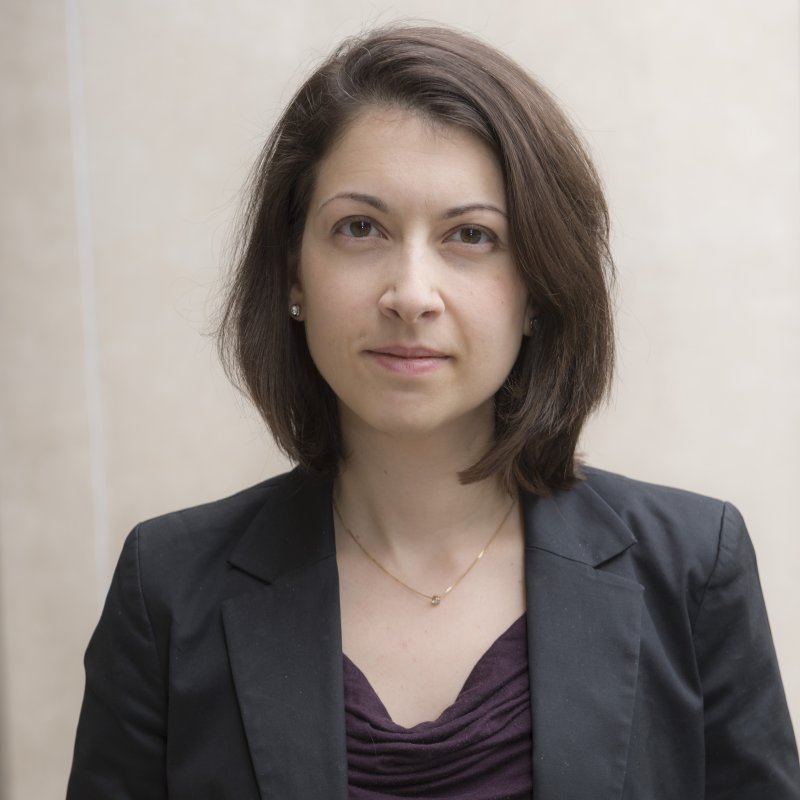Biography
Jacobé Huet is a historian of modern architecture with a focus on the transcultural Mediterranean. She is particularly interested in the circulation of architectural forms and ideas, intersections between modernism and vernacular, and depictions of architecture in art and literature.
Huet is completing the manuscript for her first book. Scholars have argued that modernist architects drew inspiration from vernacular buildings in various Mediterranean locales, including Greek island villages and North African medinas. However, the other side of this exchange has remained unexamined. Huet's book narrates this missing half by investigating how protagonists invested in vernacular discourses in various Mediterranean locations looked back at the modernist gaze on their heritage. Protagonists of this inquiry include modernist architects like Marcel Breuer and Adolf Loos as well as figures whose outlooks are decidedly vernacular-centric, such as Palestinian ethnographer Tawfiq Canaan and French-Algerian artist Kader Attia. This book's structure is reciprocal in that it deliberately examines multidirectional perspectives from both sides of the vernacular-modernist pair. Huet's book offers a rebalanced history of the intersections between modernism and Mediterranean vernacular and posits reciprocity as a methodological template for accountability in architectural history.
As per teaching, Huet's courses invite students to approach architectural designs as ideologically charged objects emerging from networks of global exchanges. Courses she offers include “Architecture and Colonialism in Algeria, Morocco, and Tunisia,” “Le Corbusier Beyond Europe: Internationalism and Ideology,” and “Latest Experiments in Architectural History.”
Huet received her Ph.D. in history and theory of architecture from Harvard University in 2022. Prior to her doctoral studies, she earned an M.A. from Williams College and a B.A. from Université Paris 1 Panthéon-Sorbonne, both in art history. Her research has been generously supported by grants and fellowships from academic centers in France and the United States. They include the Fondation Palladio and the Aga Khan Program for Islamic Architecture.
















